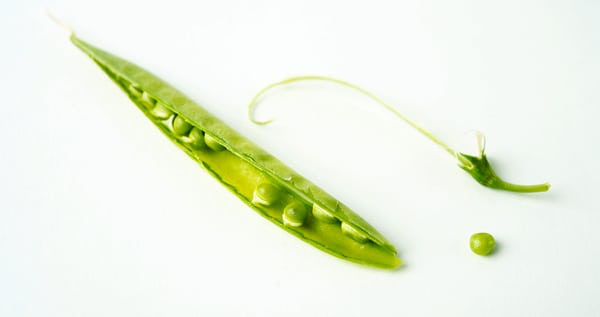Introduction
Garden peas are a popular, nutritious vegetable enjoyed worldwide, but many gardeners and consumers wonder: are garden pea pods poisonous? Understanding the safety and edibility of pea pods is essential, especially for those growing or consuming fresh peas directly from the garden. This article explores the risks, facts, and best practices concerning garden pea pods, helping you make informed decisions about their use.
Are Garden Pea Pods Poisonous?
Understanding Pea Pods and Their Edibility
Garden pea pods come from the species Pisum sativum. Generally, the pods of most garden peas are not poisonous and are safe to eat when young and tender. However, the edibility depends on the pea variety:
- Garden peas (English peas): Typically, the pods are fibrous and tough; they are usually removed before eating the peas inside.
- Snow peas and snap peas: These varieties have edible pods that can be eaten whole, pod and all.
What About Toxicity?
Garden peas do not contain toxic compounds in their pods that pose health risks when consumed in typical amounts. However, raw pea pods can be harder to digest due to their fiber content, and overconsumption may cause mild digestive discomfort.
It is important to note that while garden pea pods themselves are safe, wild peas or other legume pods may contain toxic alkaloids. Always ensure you are consuming cultivated garden peas.
Nutritional Benefits of Eating Pea Pods
Eating pea pods, especially from snap and snow peas, offers several health benefits:
- Rich in fiber: Supports healthy digestion.
- Low in calories: Ideal for weight management.
- High in vitamins: Particularly vitamin C and vitamin K.
- Antioxidants: Help combat oxidative stress.
Including edible pea pods in your diet can add crunch and nutrition without added fats or sugars.
How to Safely Prepare and Consume Garden Pea Pods
Tips for Safe Consumption
- Choose the right variety: Opt for snap or snow peas if you want to eat pods.
- Harvest young pods: Young pods are tender and less fibrous.
- Wash thoroughly: Remove dirt and possible pesticide residues.
- Cook lightly if preferred: Steaming or stir-frying enhances digestibility.
Avoiding Potential Issues
- Avoid consuming old or tough pods, which can be difficult to chew and digest.
- If you experience digestive discomfort, reduce intake or cook pods to soften fibers.
Common Myths and Misconceptions About Pea Pods
Myth 1: All Pea Pods Are Toxic
This is false. Most garden pea pods are safe to eat, especially snap and snow peas. Toxicity concerns generally arise from wild legumes or improperly identified plants.
Myth 2: Pea Pods Cause Allergies or Poisoning
While legume allergies exist, garden peas are not common allergens. Poisoning from pea pods is extremely rare unless the plants have been contaminated with pesticides or other chemicals.
Conclusion
Garden pea pods are generally safe and non-poisonous, especially when you choose edible varieties like snap or snow peas. They offer nutritional benefits and can be a delicious addition to meals when harvested young and prepared properly. Always avoid consuming wild or unidentified legumes, and wash pods thoroughly before eating. By understanding these facts, you can confidently enjoy your garden peas and their pods safely.
Embrace pea pods as a healthy, versatile food, and feel empowered to grow and consume them with confidence.
